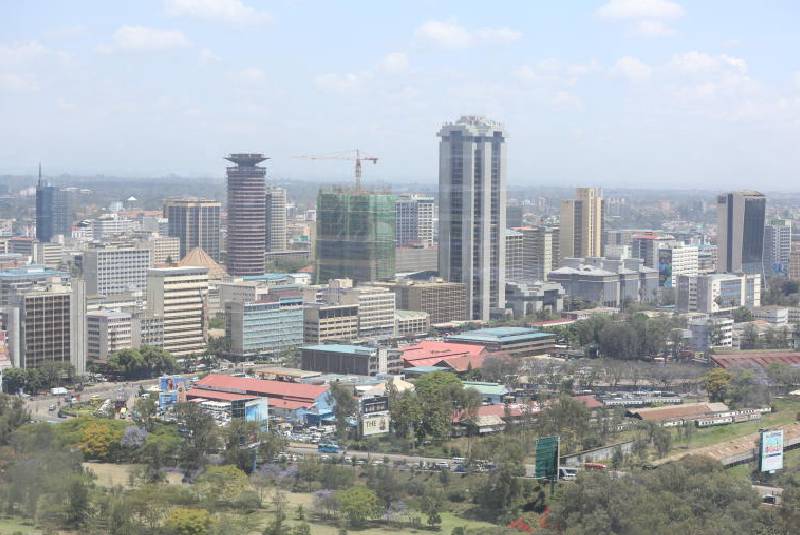×
The Standard e-Paper
Kenya’s Boldest Voice

NAIROBI, KENYA: Nairobi has featured among the top 100 most expensive cities to live in the world in a 2019 survey released by Mercer.
Claiming eight of the top 10 spots, Asian cities continue to dominate the list of most expensive locations for working abroad, in 2019 Mercer ranking.